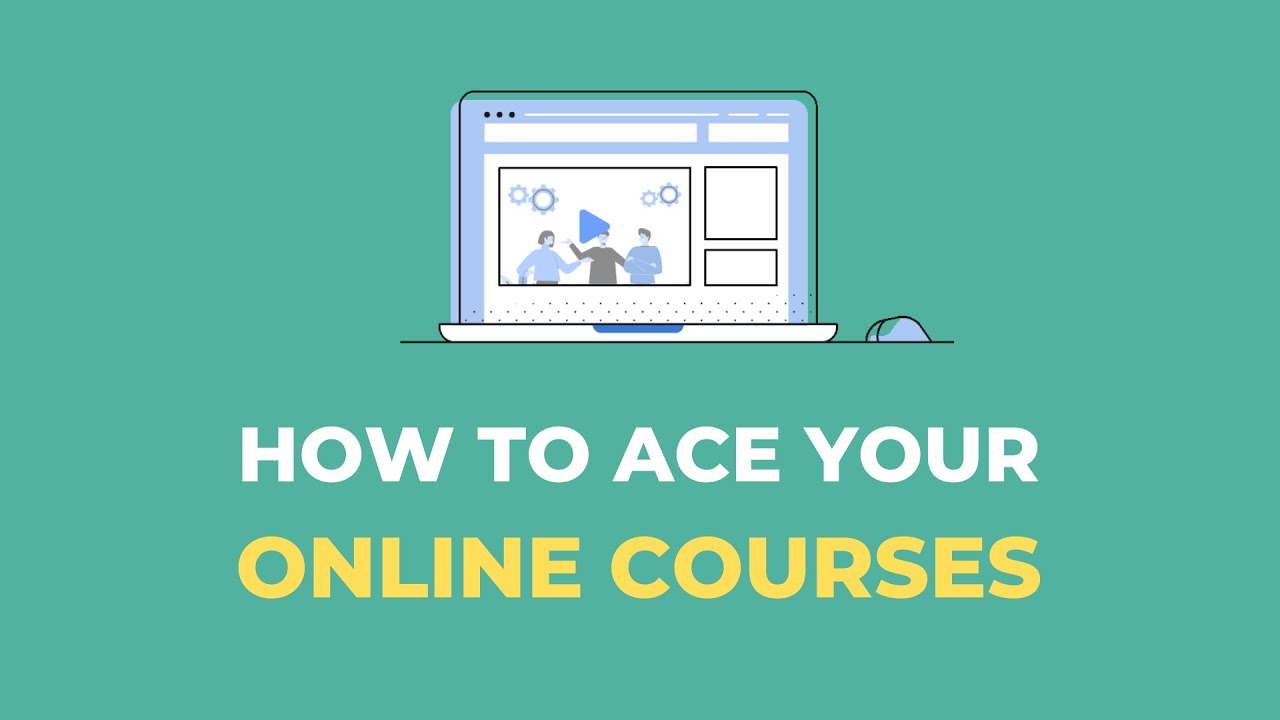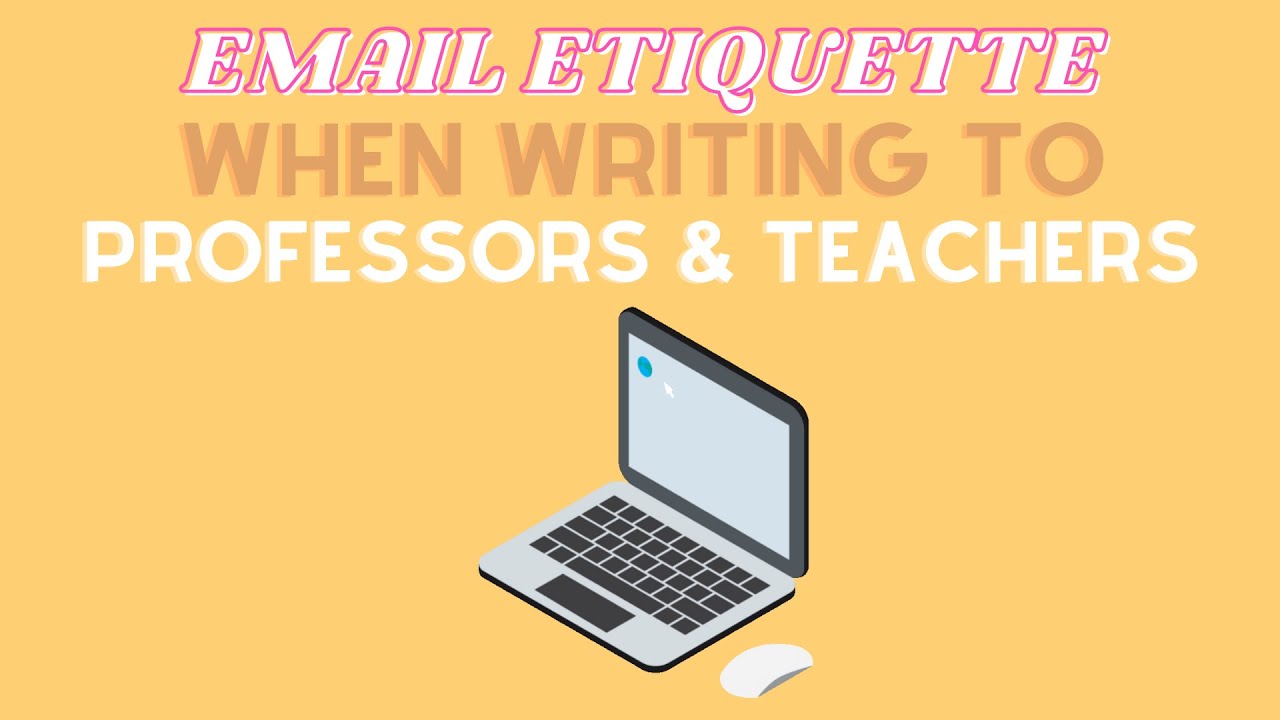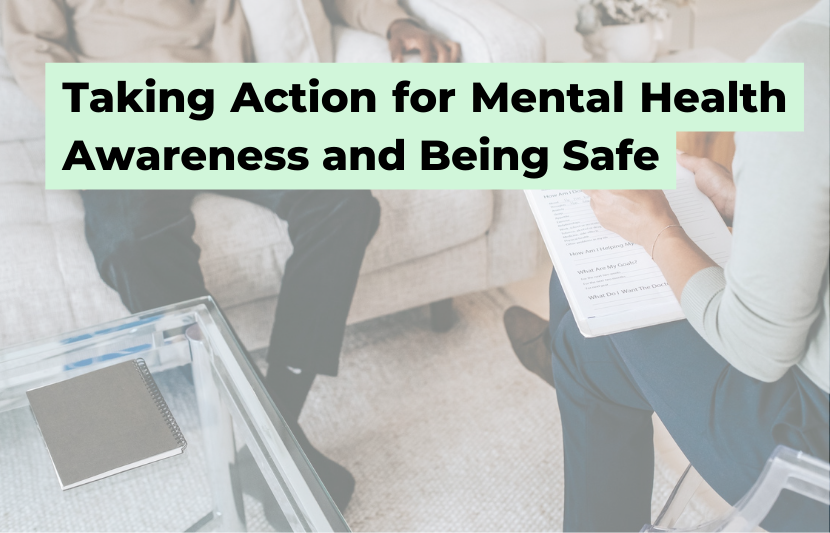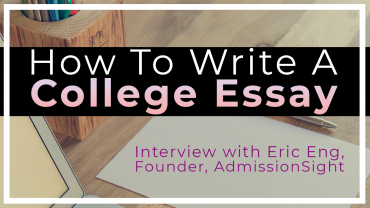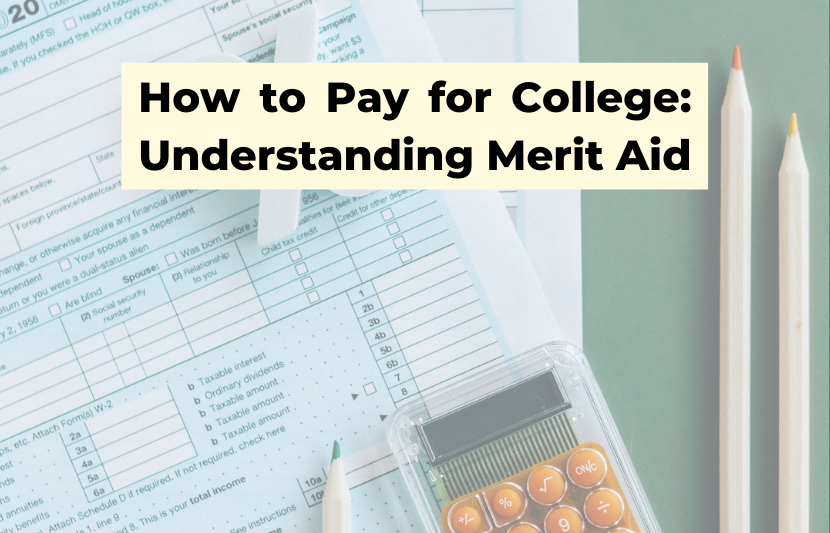In this episode of TUN TV, Dr. Crystal Rose interviews Eric Eng, CEO of AdmissionSight, about elite college admissions.
Dr. Rose: Welcome to the University Network TV where we scan the globe to give students, their families, and educators the very best tips for student success. I’m your host today, Dr. Crystal Rose, and on today’s show, we’re featuring our series “College Admissions Process Going Forward: What to Expect Now Post-COVID.”
We’re talking about the important features of college admissions, and for today’s conversation, we’ve invited Eric Eng from the elite college admissions counseling program called Admission Sight.
A bit about Eric Eng – he is the founder and CEO of Admissions Sight and has over 10 years of experience guiding students and their families through this competitive admissions process. He graduated with a BA from Princeton University, and he has one of the highest track records in the industry placing students in Ivy League schools and top 10 universities.
Where have you read about him? He’s been featured on the US News and World Report for his insights on college admissions, and he knows exactly what you need to do to get into the very best schools.
Eng: Awesome! Thank you so much for having me. I’m excited to be here.
Dr. Rose: Absolutely! In this new series, where we’re looking at the new normal in college admissions, what are the things that are important today? A lot of students are talking about schools like UCLA, Tufts or Northeastern. Many students really expected to get into those schools, but it didn’t really turn out the way they expected. How can families, students and educators understand this shift in the college admissions selections?
Eng: Absolutely! The college acceptance rates have really plummeted over the years. So, UCLA today clocks in at about a 12% acceptance rate, which really correlates to Harvard’s acceptance rate 10 years ago. So, imagine that. Schools like UCLA. Northwestern, Johns Hopkins – they’re just as difficult as it was to get into the Ivy League five or 10 years ago.
And so, what I always tell parents and students is, it’s really important to come prepared to the process – get those strong grades, take a rigorous AP course load or IB curriculum, engage with your community. Show that you’re willing to learn outside of the classroom, whether it’s doing a summer research project on humanitarian rights or whether it’s conducting a passion project to showcase your uniqueness.
When it comes to the admissions process, you really want to come prepared to the program and be ready to learn to get your foot in the door.
Dr. Rose: What we need to do today is very different perhaps from the approach that students would have taken five, 10 years ago. So that would ultimately change. perhaps, even the types of schools that students are looking at applying to. Is that right?
Eng: Yeah! So, the Common Application actually takes 20 applications. So, you can apply to 20 schools in the Common App. You can even use a coalition application to apply to many more schools beyond 20. So, you know the upper bound is probably something like 40, if you really wanted to go for it. But of course, no one applies to that many. Back then, I will say students will apply to 8-10 schools.
Today, you’re definitely seeing the shift because of the decrease in acceptance rates. I would say, on average, our students will apply to anywhere between 15 and even 20 schools. If you don’t apply, you essentially have a zero percent chance at getting in. So, obviously, you want to put your best foot forward into each and every application, but you also want to give yourself a shot. And in order to do that, you absolutely need to apply.
Dr. Rose: So, really just go out there, apply. If you don’t put your hat in the ring, you don’t get to play the game. Now, how does the student’s particular interests play a role in the college admissions process?
Eng: Yeah, so we really want to get a sense of the student’s personal qualities. What does a student like? Is a student interested in math and science? Or is a student interested in the humanities? Is the student left-brained or is he right-brained? Does a student enjoy writing? Or history? Or political science? Or does a student enjoy physics and computer science and math and statistics?
So, we really want to get a sense of the student’s personal interests or academic interests. And then based on those different criteria that we look at, then we could come up with unique, differentiated activities for the student to engage in – whether it’s summer programs, whether it’s founding a nonprofit, whether it’s academic research – to really bolster their story and their college admissions profile. So, it does take a lot of work on our end as admissions consultants to conduct this research to get to know our students and their parents and their families, so we could have a personal approach to this oftentimes complex process.
Dr. Rose: That sounds like it’s a wonderful program, and it does sound like it’s a journey as well. With all the different suggestions, in terms of following their passions and perhaps starting a nonprofit or starting a business, does a student really need to be well-rounded to be accepted into a top 10 school?
Eng: Yeah! So, you do need to be. You need to have both depth and breadth. So, depth comes from focusing on your hook. What is your hook or selling point when it comes to your college admissions profile? But you also need breadth. In other words, you need a lot of different activities to support this one central theme in your application. And so, what you don’t want to be is, you don’t want to play many different themes. For example, you do poetry on the weekend, you teach math and science, you volunteer at the hospital – and you come off as a very disjoint applicant. We don’t want to be disjoint. We really want to focus on one area of academic passion – whether it’s environmental sustainability or whether it’s healthcare reform. Focus on one passion of yours and bolster that with different activities.
Dr. Rose: Okay so, not necessarily well-rounded, perhaps well appointedly pointed.
Eng: Exactly!
Dr. Rose: That’s what we’re looking for. Okay. So, final two questions. Can you tell us about perhaps a student who was well appointedly pointed?
Eng: Yeah! We had a student who is super interested in environmental science. She did a summer program at a particular university – I won’t reveal which one just for confidentiality reasons. But at a particular university, she conducted academic research in environmental science. She also was part of the sustainability council at her school. And so, her whole application lived and breathed environmental science and her efforts to tackle climate change.
And so, when we have a student who’s really so focused in one particular area, the college admissions officers definitely appreciate that. So. you really want to showcase your passions by being as pointed as possible. Pick a particular theme that you’re really excited about. But it needs to be a meaningful theme, right? It can’t be like video games, right? I mean, I’m pretty sure the college admissions officers aren’t going to appreciate someone who is really passionate about League of Legends, for example. And nothing against video games, I love that too. But that’s why students come to us for help. Because you need to strategically position yourself, and it can’t just be any type of passion. It needs to be the right passion to improve your odds of admission.
Dr. Rose: That’s a great ending point. What do you say when students or parents come to you and they say, “I don’t think my student has a passion?” Or the student says, “I’m not really sure what my passion is.”
Eng: Exactly! For students like that, I would say, you’re still very young. It’s still very early in the game. I mean you’re only a teenager at this point. And so, there are a lot of opportunities out there for you to learn and develop your passions over time. Obviously, we don’t want to wait too long, though, because a lot of this also takes preparation. So, with many of our students, we actually help them find their passions within the first few meetings. And then after that, you’re off to the races. You’re trying to develop that passion and bolster that with your academics and your extracurricular activities, to showcase that deep level of commitment to the admissions committee.
Dr, Rose: I really appreciate you sharing these pathways that students can really bolster their admissions process. Thank you so much for joining us today, Eric!
Eng: Thank you so much for having me.
Dr. Rose: Thank you very much for joining us on TUN TV. I’m your host, Dr. Crystal Rose. Until next time!
This interview has been edited for clarity.
For more exclusive interviews with experts who share their insight to help students succeed, check TUN TV!
Related:

